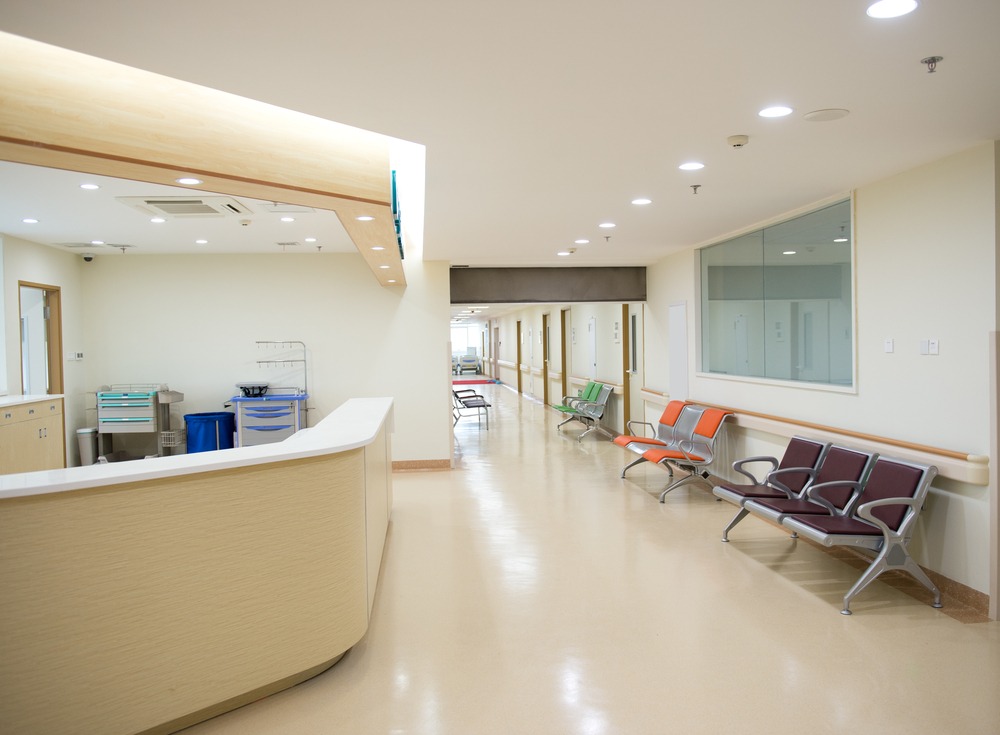Healthcare with Confidence
Colon cancer is one of the most common malignancies and in most cases it occurs as small benign tumors called adenomatous polyps, which are formed from the inner walls of the colon. Some of these polyps eventually grow into malignant tumors of the colon if not removed during colonoscopy.
Colon cancer cells grow and damage healthy tissues located near the tumor that causes a lot of complications. Over time, blood and lymphatic fluid spread cancer cells throughout the body (metastasis). All the polyps revealed in intestine should be treated properly and urgently.
If you or any of your relatives were diagnosed with such disease, please contact us. We accept patients for the treatment of all disease stages, any kind of tumor location and malignancies in the body.
Colon Cancer Doctors – Consultation Online
The most common types of polyps which may be transformed into tumor are:
Adenoma – may become cancerous and should be removed during a colonoscopy
Hyperplastic polyps – rarely degenerate into malignant tumors
Inflammatory polyps – derived from colon inflammation (colitis) and may become cancerous
Non-controlled cell growth may also occur if there is damage or mutation of DNA, and consequently, deterioration of genes involved in cell division. This is so-called hereditary predisposition.
We will provide you with examination program focused on your problem, according to which you will clearly understand before coming to Israel on what day and at what time you scheduled for a consultation and procedures.
The first step to effective treatment is a correct diagnosis
In order to diagnose colon cancer doctors perform a complete physical examination
Basic diagnostics procedures as follows:
♦ Blood test ( including tumor markers, CEA (carcinoembyonic antigen)
♦ Colonoscopy – Endoscopic examination of the intestine produced under local or general anesthesia + biopsy
♦ PET-CT (full body scan for the presence of malignant processes in the body)
Diagnosis usually lasts 4-5 days, after which the patient receives a written confirmation from the doctor about the diagnosis.
Cancer Treatments
According to examination results physician makes a decision as for treatment
There are few treatment options:
Colectomy. Surgery to remove a portion or the entire colon. During operation, as a rule, removed diseased portion of the colon tumor and adjacent tissues and regional (proximal) lymph nodes. Depending on the extent of colectomy, healthy part of the colon or rectum is connected to or attached to an opening in the abdominal wall. Thus there is the establishment of a colostomy.
Laparoscopy. Through several small punctures in the abdomen. Is a minimally invasive procedure and also allows to remove the large bowel polyps.
Palliative surgery. May be used to alleviate the symptoms of cancer, and are aimed at the removal of bowel obstruction and inhibition of other obstacles, and for ease pain , bleeding , and other symptoms.
Chemotherapy. Inputting chemical agents that affect cell division – damage of DNA or proteins – so that cancer cells self-destruct. Chemotherapy is commonly used for the treatment of metastatic cancer. This treatment goes in cycles, so the body has time intervals for recovery. Combination therapy is often include various types of chemotherapy or chemotherapy combined with other treatment options.
Radiotherapy. This kind of treatment destroys cancer by focusing high-energy rays at the cancer cells. This causes damage to the molecules that make up the cancer cells. Radiation therapy uses high-energy gamma rays, such as radium, or high-energy X-rays generated in a special device. Radiotherapy may be used for reducing tumor size and for the complete destruction of cancer cells. It is also is used in combination with other cancer treatments.
Additional information about our doctors, diagnosis and treatment in Israel
♦ Immunotherapy for intestinal cancer in Israel is a new approach to treating patients by applying drugs to the human immune system, which activates it and forces the destruction of intestinal cancer cells.
⇒ Read more♦ Israeli oncologists widely apply a personalized target approach to the treatment of colorectal cancer based on the genetic profile of a human tumor.
⇒ Read more♦ Using genetic tests you can learn about your individual predisposition to bowel cancer.
⇒ Read more
⇒ Read more♦ Israeli oncologists widely apply a personalized target approach to the treatment of colorectal cancer based on the genetic profile of a human tumor.
⇒ Read more♦ Using genetic tests you can learn about your individual predisposition to bowel cancer.
⇒ Read more
♦ Surgery is the main treatment for small bowel adenocarcinoma, since the benefits of adjuvant therapy have not yet been proven.
⇒ Learn more about the latest clinical recommendations for NCCN 2019.



